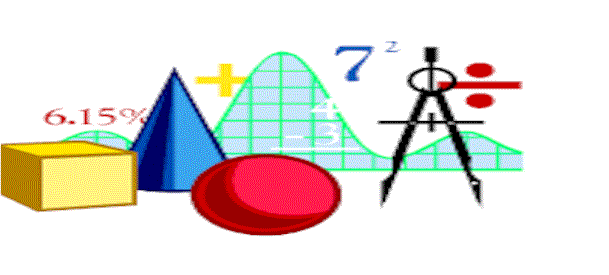
error

|
error
|
The error function writes the value of the expressions {exp} to the
Analytic Information Server Console Window, and returns to the top level Analytic Information
Server event loop with the specified error string {errorStr}. If no Console
Window is open, Lisp will open a Console Window. In Lisp, the error function
always terminates the current process, unless enclosed inside an errorTrap
function call (see errorTrap). Furthermore, the error string {errorStr}
argument will always be truncated to 12 characters and will be displayed as an
error constant which is the error text preceded by an exclamation (!) and
terminating with an exclamation (!).
Usage The error function is used to exit out of a function to the top level
(usually to the console) and display an error message.
(error errorStr exp ...) Return value is the !errorStr! constructed as an Analytic Information Server Error value.
The error function also evaluates exp and displays the result on the console.
Expression:
Arguments
Name
Type
Description Argument: errorStr String
The Error value !errorStr! Argument: exp ---
An expression, which will be evaluated, and the result displayed on the console.
Returns:
Here are a number of links to Lambda coding examples which contain this instruction in various use cases.
Here are the links to the data types of the function arguments.
| Error |
Here are also a number of links to functions having arguments with any of these data types.
| errorTrap | error | isIdentical | string |
| sysError |

|
Analytic Information Server (AIS)AIS Component Systems
|